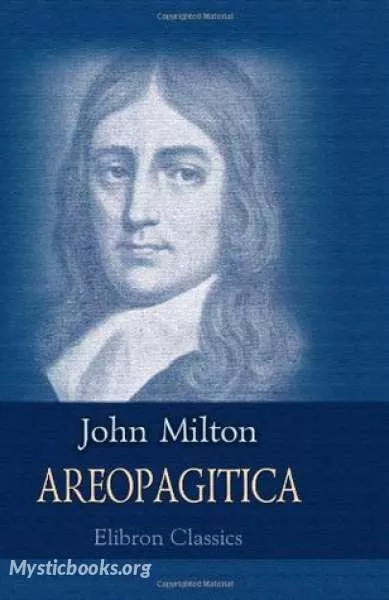
Areopagitica
by John Milton
'Areopagitica' Summary
Areopagitica was published 23 November 1644 at the height of the English Civil War. It takes its title in part from Areopagitikos, a speech written by Athenian orator Isocrates in the 4th century BC. (The Areopagus is a hill in Athens, the site of real and legendary tribunals, and was the name of a council whose power Isocrates hoped to restore.) Some argue that it is more importantly also a reference to the defense that St Paul made before the Areopagus in Athens against charges of promulgating foreign gods and strange teachings, as recorded in Acts 17:18–34.
Like Isocrates, Milton (who was not a member of parliament) did not mean his work to be an oral speech to that assembly. Instead, it was distributed via pamphlet, thus defying the same publication censorship which he argued against. As a radical, Milton had supported the Presbyterians in Parliament, and would later work as a civil servant for the new republic, but in this work he argued forcefully against Parliament's 1643 Ordinance for the Regulating of Printing, also known as the Licensing Order of 1643, in which Parliament required authors to have a license approved by the government before their work could be published.
This issue was personal for Milton, as he had suffered censorship himself in his efforts to publish several tracts defending divorce (a radical stance which met with no favour from the censors). In particular, The Doctrine and Discipline of Divorce 1643), which he published anonymously and unlicensed, was condemned by the Puritan clergy as being heretical and intending to foster sexual libertinism, and it was cited in petitions to parliament as evidence of the need to reinstall a system of prepublication licensing. Areopagitica is full of biblical and classical references which Milton uses to strengthen his argument. This is particularly fitting because it was being addressed to the Calvinist Presbyterians who composed Parliament at that time.
Book Details
Language
EnglishOriginal Language
EnglishPublished In
1644Authors

John Milton
England
John Milton was an English poet and intellectual who served as a civil servant for the Commonwealth of England under its Council of State and later under Oliver Cromwell. He wrote at a time of religio...
Books by John MiltonDownload eBooks
Listen/Download Audiobook
Related books

Essays, First Series by Ralph Waldo Emerson
Essays: First Series, is a series of essays written by Ralph Waldo Emerson, published in 1841, concerning transcendentalism. This book contains: • "H...
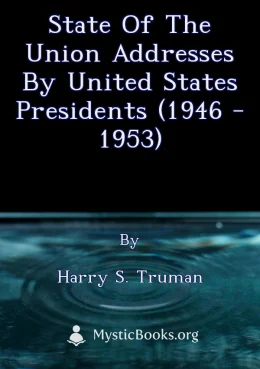
State of the Union Addresses by United States Presidents (1946 - 1953) by Harry S. Truman
This album contains recordings of State of the Union addresses delivered by President Harry S. Truman from 1946 to 1953. These speeches provide a valu...
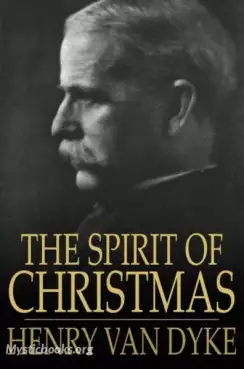
The Spirit of Christmas by Henry Van Dyke
A short Christmas book by American author, educator, and clergyman Henry Van Dyke, including a short story, two essays, and two prayers for the season...

From the Easy Chair Vol. 3 by George William Curtis
In a world of changing times, a writer reflects on the enduring truths of life and literature. In the third volume of his popular column "The Easy Ch...

The Appetite of Tyranny by Gilbert K. Chesterton
“Unless we are all mad, there is at the back of the most bewildering business a story: and if we are all mad, there is no such thing as madness. If I...

Kokoro: Hints and Echoes of Japanese Inner Life by Lafcadio Hearn
"The papers composing this volume treat of the inner rather than of the outer life of Japan, for which reason they have been grouped under the title K...

The National Geographic Magazine Vol. 08 by National Geographic Society
National Geographic (formerly the National Geographic Magazine, sometimes branded as NAT GEO) is the long-lived official monthly magazine of the Natio...
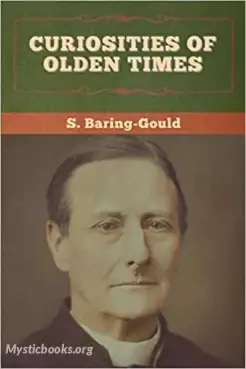
Curiosities of Olden Times by Sabine Baring-Gould
This book is a collection of 17 gems of random knowledge, such as what women are made of and the philosopher's stone, written in Baring-Gould's own st...
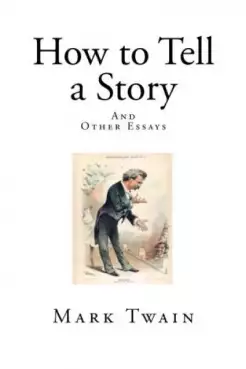
How to Tell a Story, and Other Essays by Mark Twain
How to Tell a Story and Other Essays is a series of essays by Mark Twain. In them, he describes his own writing style, attacks the idiocy of a fellow...

Short Nonfiction Collection Vol. 013 by Various
This collection of sixteen short nonfiction works explores a wide range of topics, including history, politics, medicine, nature, and religion. The es...
Reviews for Areopagitica
No reviews posted or approved, yet...